“Weak AI refers to artificial intelligence systems that are designed to perform specific tasks or simulate human cognitive abilities in a limited context but do not possess true consciousness or general intelligence.”
Weak AI systems include virtual assistants like Siri or Alexa, recommendation algorithms on streaming platforms, and chatbots used for customer support. These systems excel in their designated tasks, thanks to machine learning and deep learning techniques, but they lack the understanding, self-awareness, and general problem-solving abilities that humans possess.
One of the key characteristics of weak AI is that it operates within well-defined boundaries and is highly dependent on the data it has been trained on. It doesn’t possess consciousness or self-awareness and cannot adapt to tasks outside its predefined scope.
Limitations of weak AI:
- Potential harm if the system fails.
- Loss of jobs due to the automation of an increasing number of tasks.
- Programmed with a set of predefined functions that it can’t veer away from.
Despite its limitations, weak AI has a wide range of practical applications and continues to advance rapidly. It plays a crucial role in automating tasks, enhancing user experiences, and improving efficiency in various domains, including healthcare, finance, and entertainment.

